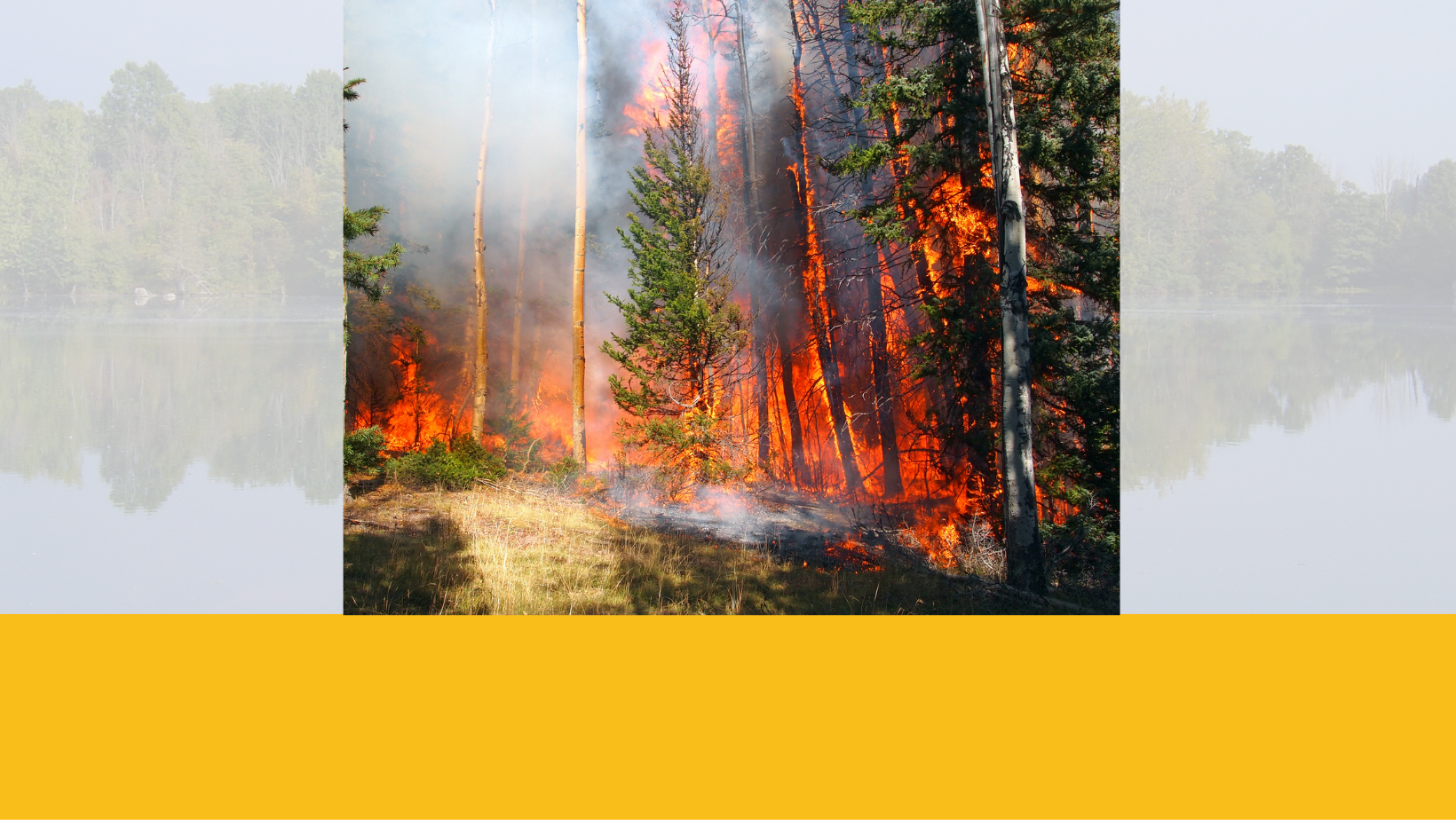Safety at Steigerwaldt: Wildfires
Welcome to March! March certainly is coming in like a lamb as this has been one of the warmest winters recorded for the state of Wisconsin. While it has been nice to have more sunshine and warmer days so early, it does come at a price. The month of February brought us dry, warm weather relative to the month with minimal snow on the ground. This has allowed us to start March very dry with no spring melt, which usually provides us with excess water. The result of all of this is that we are entering spring with the potential to see wildfires.
Wildfires in Wisconsin are a normal thing, especially when there is excess dry grass or brush on the ground. The times of the year where this is more likely to occur are spring and fall. Several Wisconsin ecosystems do favor or rely on some fire presence such as oak forests or prairies. Fire can also help control the spread of invasive species and help encourage the native plants of Wisconsin to grow. The DNR and other fire groups normally take advantage of the dry brush periods to do controlled burns of their own.
While fire does provide many benefits for our landscape, it is also very dangerous and can get out of control. The factors that help influence the spread of fire are:
- Low humidity
- Warm temperatures
- Wind
- Slope
Currently, our weather has been relatively warm as we are setting record highs almost every week and the amount of precipitation is very low. In the upcoming weeks, if this weather continues along with some windy days, there is the potential for some wildfires to start.
Some tips to help prevent wildfires and protect yourself include:
- Parking work trucks and ATVs in areas with no tall grass
- Checking the fire danger daily. Both the DNR and National Weather Service websites will provide updated reports. If a RED FLAG WARNING is posted, that means no burning is allowed and all logging operations must stop within the post area.
- Checking where current wildfires are which you can also find on DNR and National Weather Service websites.
Nate Loeffler, Forester







